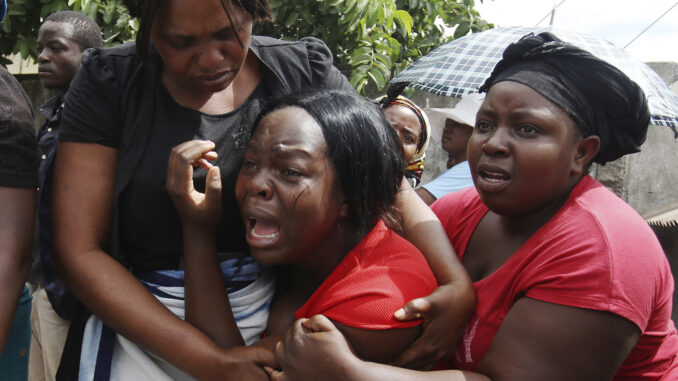
Zimbabwe’s political landscape is heating up with the arrest of 18 activists, some dramatically removed from an airplane. This crackdown comes as the government warns against opposition protests ahead of a crucial southern African leaders’ meeting.
Among those detained is Namatai Kwekweza, a 25-year-old pro-democracy campaigner and Kofi Annan NextGen Democracy Prize winner. The arrests have drawn international condemnation from organizations like Amnesty International and the Annan Foundation.
The activists face charges related to a courthouse protest demanding the release of 77 opposition members held in pre-trial detention. This group, arrested at a private gathering, includes a mother and her infant child.
President Emmerson Mnangagwa, who succeeded Robert Mugabe in 2017, faces accusations of continuing his predecessor’s oppressive tactics. Despite denying these claims, Mnangagwa has issued stern warnings against what he terms “inciting violence.”
The political tension is further complicated by U.S. sanctions on Mnangagwa and his inner circle for alleged involvement in mineral smuggling and human rights abuses. As Zimbabwe prepares to host regional leaders, the government’s approach to dissent remains a contentious issue, highlighting the ongoing struggle for political freedom in the country.
The arrests and warnings signal a tightening grip on opposition activities, raising concerns about the state of democracy in Zimbabwe. As the regional summit approaches, all eyes will be on how the government handles dissent and whether international pressure can influence its actions.
